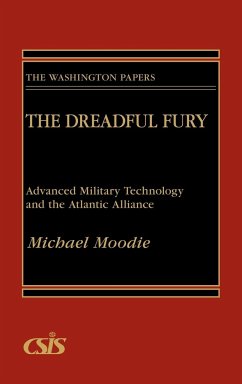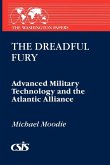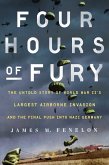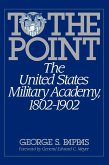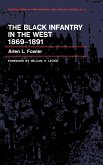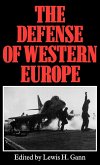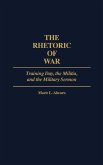In this important new study from the Center for Strategic and International Studies, Moody examines how NATO can best exploit advanced technology to bolster its conventional forces on the battlefield of the future. The Dreadful Fury is a unique analysis integrating the political, military, economic, and technological factors shaping the tough choices confronting Atlantic Alliance policy makers. Drawing on the author's experience at NATO Headquarters, the book's focus on alliance rather than national perspectives of military technology provides an unusual approach to one of the most difficult challenges facing NATO today. After a brief review of the nature of technological change in the modern age, the book examines the shifting industrial landscape within which that change occurs. It then addresses the key problems Alliance policy makers must confront in such critical areas as technology transfer, allied cooperation in development and procurement of modern arms, and the impact of new technology on the conduct of war. In the book's final chapter, a package of policy recommendations is offered to help chart a steady NATO course through the turbulent 1990s.
Hinweis: Dieser Artikel kann nur an eine deutsche Lieferadresse ausgeliefert werden.
Hinweis: Dieser Artikel kann nur an eine deutsche Lieferadresse ausgeliefert werden.

